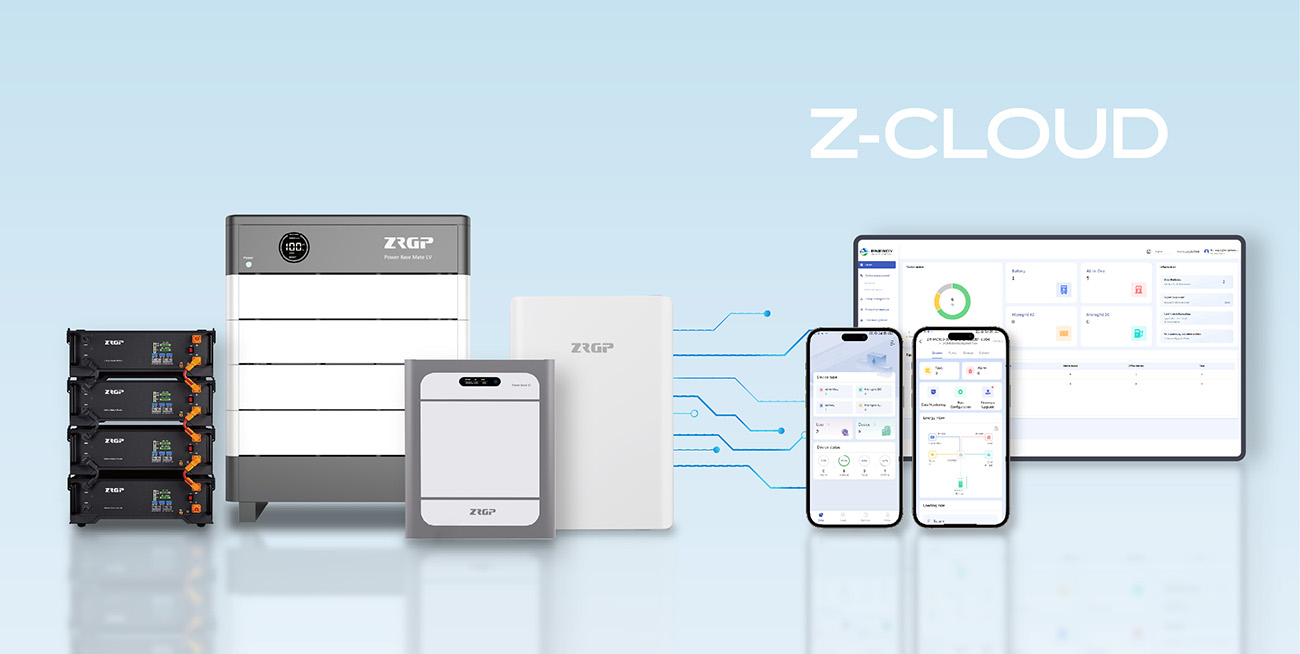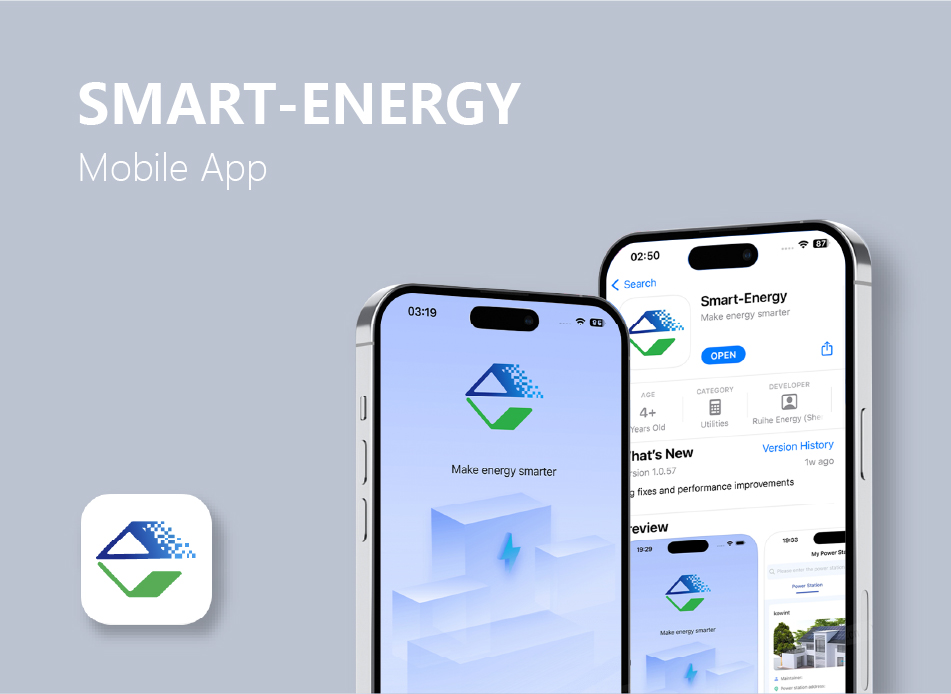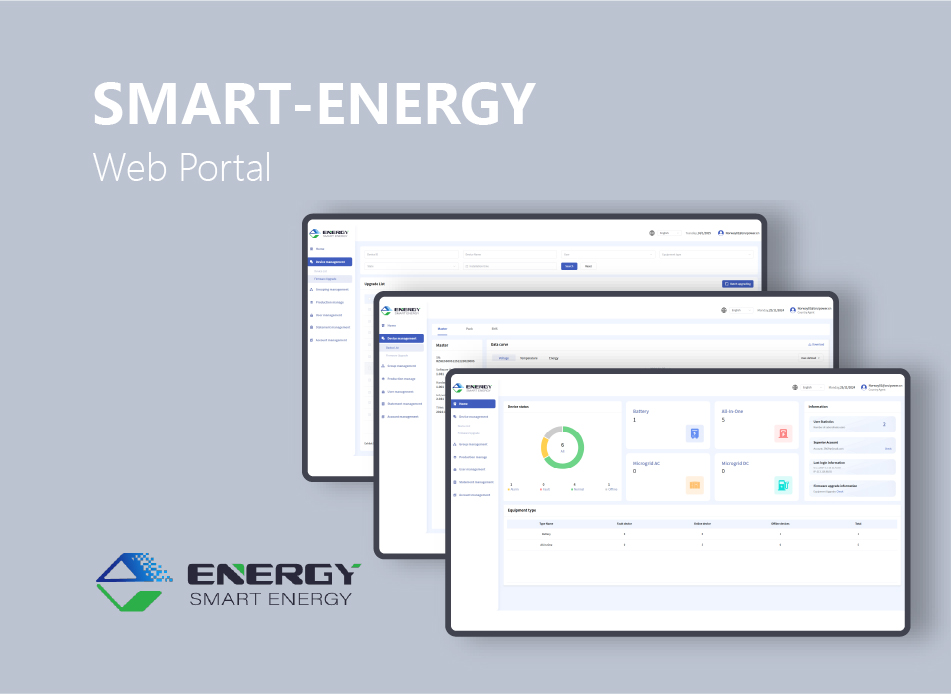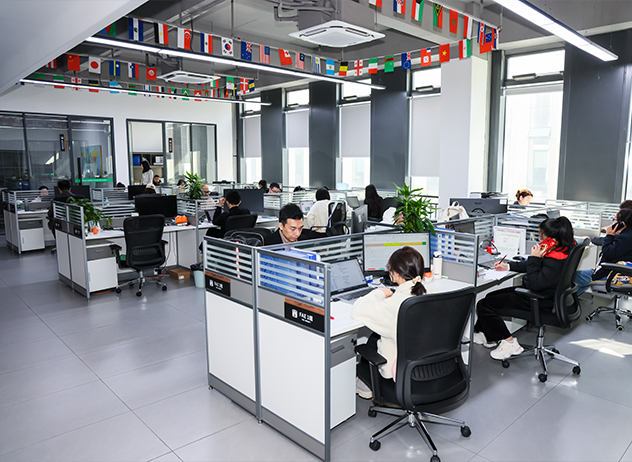OUR ENERGY WORKS FOR YOU
-
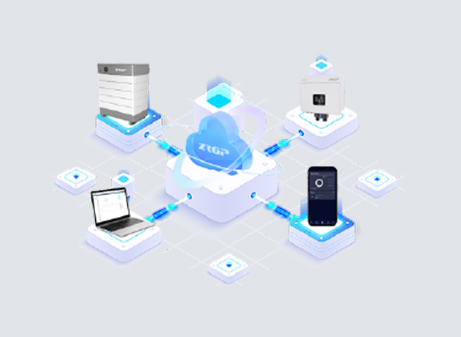
Core Technology
Six core technologies, your most trusted energy manufacturer
Get to know more. > -
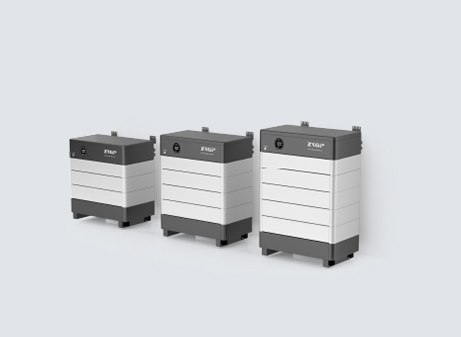
PowerBase MATE LV, Stacked battery.
Safe and reliable, flexible expansion, with intelligent cloud platform monitoring
Let's take a look now! > -
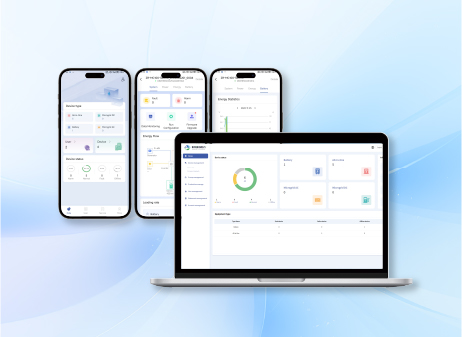
Monitoring System ,Z-CLOUD
Real-time battery monitoring ensures safety and flexible management Data analysis optimizes energy use and enhances efficiency
Explore Z-Cloud. >
-
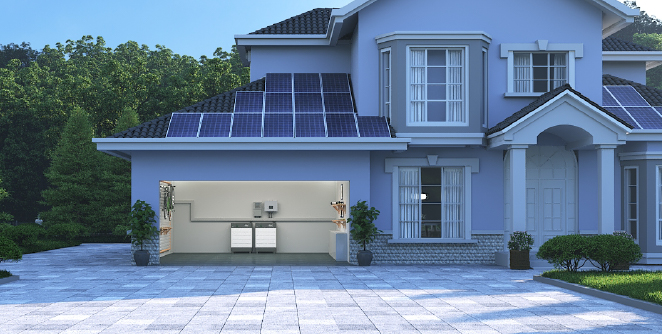
Efficient, Sustainable Home Energy Solutions For Modern Living
Providing efficient and safe energy solutions for your home
Get to know more. -
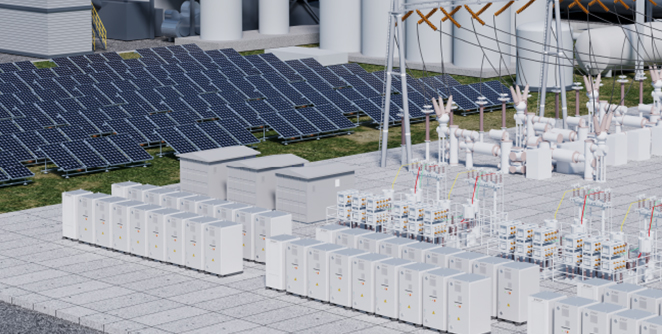
Industrial and Commercial Energy Solutions.
Our industrial and commercial energy solutions provide efficient, safe power management, helping businesses reduce costs, enhance productivity, and achieve sustainable growth
Get to know more. -
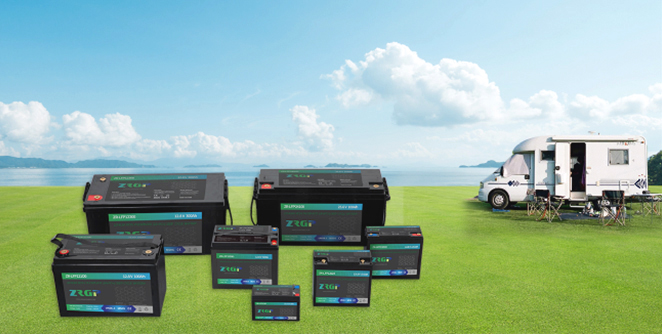
LiFePO4 Batteries for Modern Applications
The LiFePO4 battery matches lead-acid specs but offers better safety, reliability, and longevity It’s perfect for RVs and emergency lighting, serving as an ideal replacement
Get to know more.
News Center
-
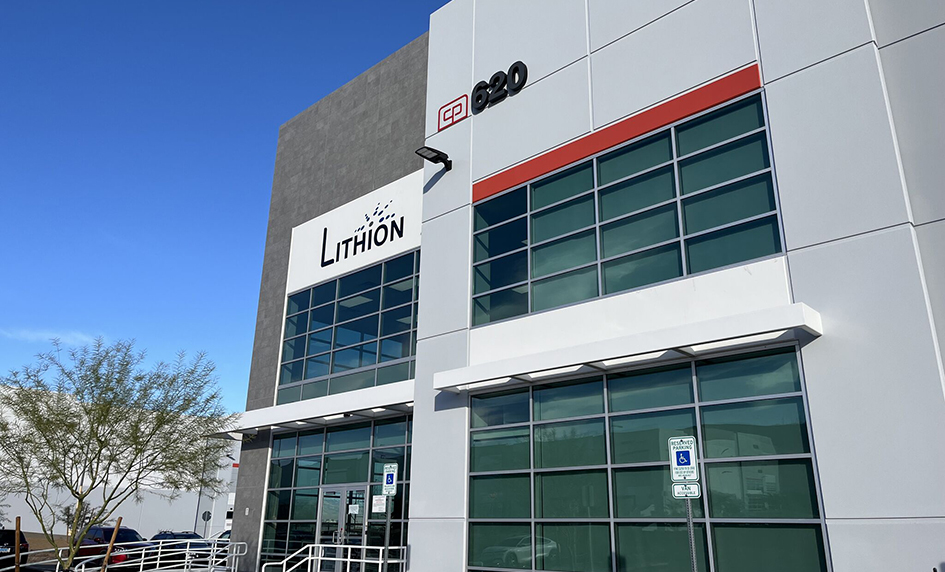
Customer Cases-HOMEGRID
ZRGP Partners with HomeGrid to Expand Custom Power Solutions in the USALithion and HomeGrid: Trusted Partners in Energy Solutions Lithion, a leading vertically integrated ma
-
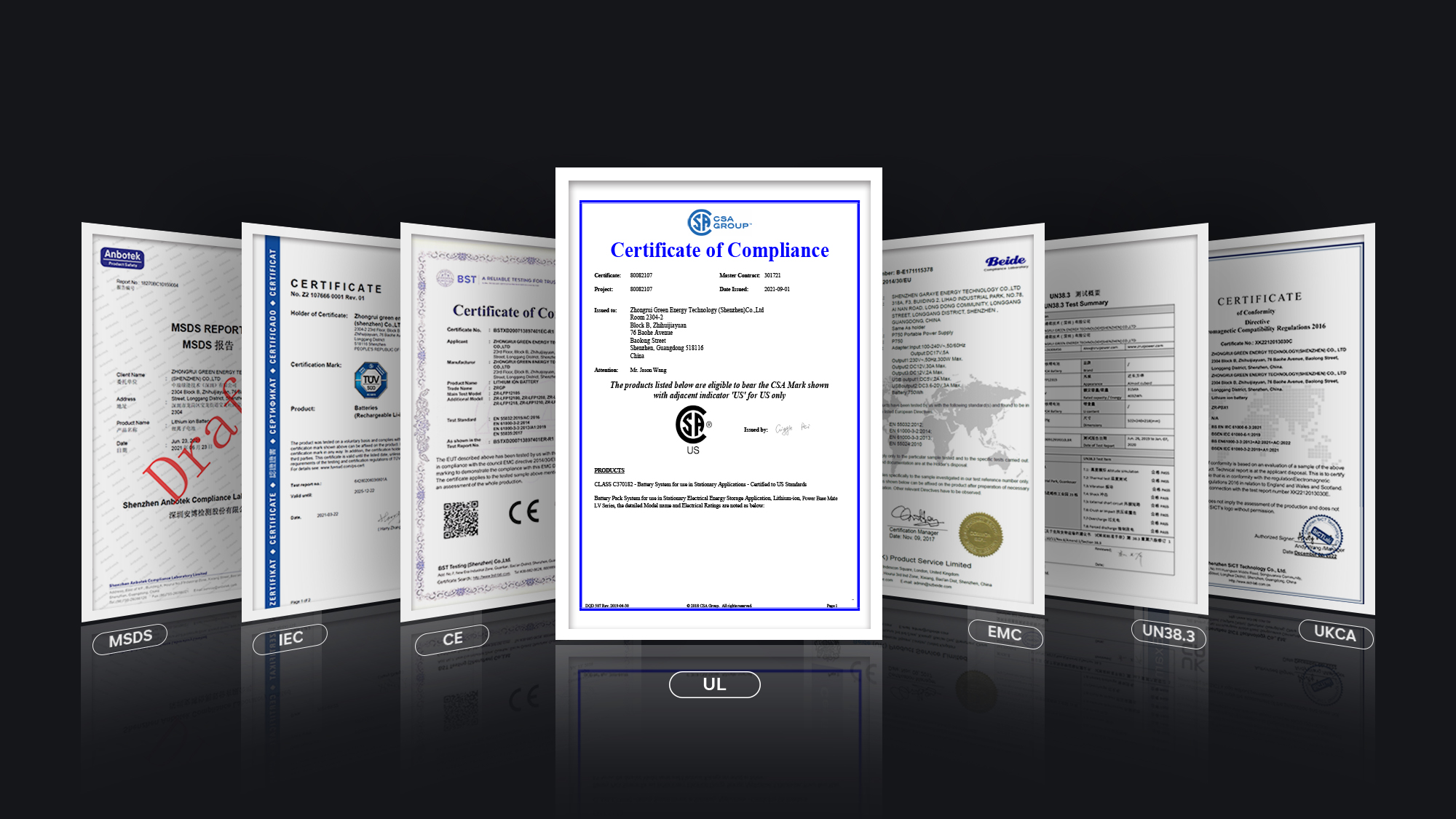
Certified for Safety, Built for Reliability
As global demand for energy storage grows, ZRGP ensures safety, compliance, and reliability by meeting the highest industry standards With ISO 9001-certified quality assuran
-

Zhongrui Green Energy: Leading the Future of Green Energy
Zhongrui Green Energy Technology (Shenzhen) Co., Ltd. (ZRGP) has been dedicated to providing efficient and sustainable energy solutions since its establishment in 2014. With...
-

ZRGP Shines at the Canton Fair 2024
ZRGP showcased its latest energy storage solutions at the 2024 Canton Fair, attracting strong interest The event highlighted the company’s innovation, R&D strength, and high-quality products, opening doors for potential collaborations
